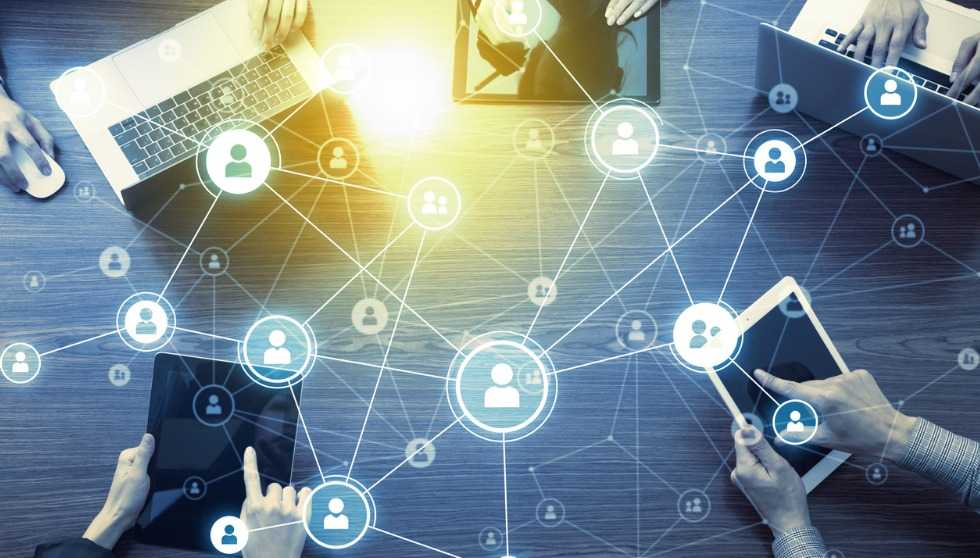
What does it take to build a future-ready workforce? Melissa Ries vice president and general manager, APAC, Skillsoft, has the answers

What does it take to build a future-ready workforce? Melissa Ries vice president and general manager, APAC, Skillsoft, has the answers
What does it mean to be ‘digital ready’ as opposed to developing digital skills?
We are on the verge of a technological revolution that is predicted to “fundamentally alter the way we live, work, and relate to one another”, says the World Economic Forum.
Equipping ourselves with ‘digital skills’ is increasingly seen as essential to maintaining future job security, but skills are really about the individual, and acquiring those skills is easier said than done when employees are consumed by day-to-day expectations and duties.
What’s more, digital skills are evolving so rapidly that what’s relevant today will be outdated in fi ve years. Change really needs to be driven at an organisational level, but the reality is that most companies aren’t prepared for this revolution.
A Bersin by Deloitte study found that 90% of organisations believe their core business is threatened by new digital competitors, while 70% believe they do not have the right leadership, skills or operating models to adapt.
Our focus needs to be on making entire organisations ‘digital ready’ rather than looking for skill sets alone – these have a place, but as part of a broader strategy that focuses on agility as well as catering to individual learning needs.
How can companies train or adapt their workforces now when the future is so unpredictable?
High-performing organisations who have their eye on ensuring sustainability are putting human resources and L&D at the forefront of business change.
It’s very important that companies are continuously investing in new technology and supporting their employees in developing specifi c digital skills – things like basic coding, moving to cloudbased software, and assisting non-digital ‘natives’ to improve their computing skills.
However, what organisations need most are thinkers who can successfully navigate change. Soft skills such as critical thinking, problem-solving, creativity, people management and emotional intelligence will prove absolutely critical in the future.
Centralised, on-demand learning programs that allow for self-guided and personalised learning experiences will also be essential to ensuring individual skill needs are considered and that organisations are adapting quickly to technological changes.
Organisations should be working with HR teams to develop continuous learning pathways focused on soft and digital skills that are personalised to the individual.

Melissa Ries
Vice president and general manager,
APAC SKILLSOFT